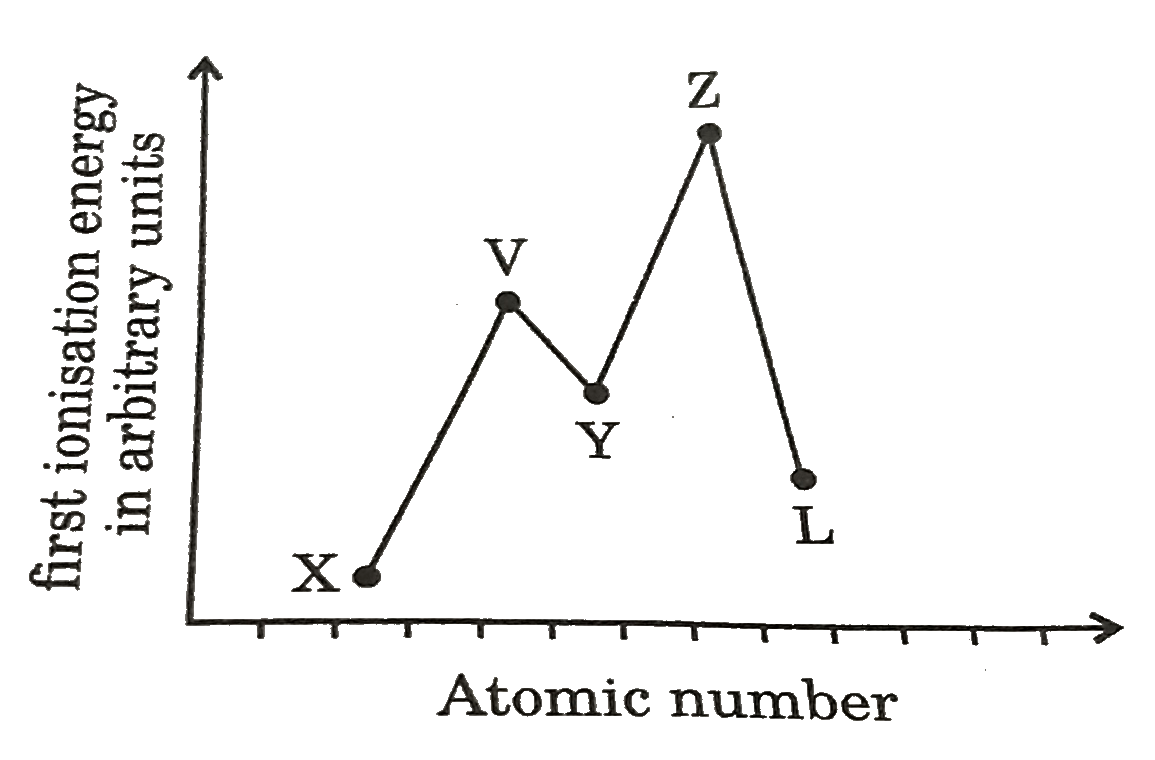What is the significance of the terms " isolated gaseous atom" and " ground state " while defining ionisation energy and electron affinity ?
(i) Isolated atom means a single gaseous atom free from other atoms. No energy should be utilised to separate it from other atoms. It is an ideal situation which is difficult to achieve. However, the inter atomic distances are reduced to minimum by carrying out the measurement of IE at a low pressure .
(ii) .Ground state. means that the atom must be present in the most stable state. i.e., in the lowest energy state for the atom.
Similar Questions
What is the significance of the terms-'isolated gaseous atom' and 'ground state' while defining the ionisation enthalpy and electron gain enthalpy?
Hint: Requirements for comparison purposes.
View SolutionWhat is the significance of the terms-'isolated gaseous atom' and 'ground state' while difining the ionisation enthalpy and electron gain enthalpy?
Hint: Requirements for comparison puroses.
View Solution
Knowledge Check
The ionisation energy (IE1) of an atom is defined as the energy needed to remove an electron from gaseous atom in its ground state. The 2nd ionisation energy (IE2) is the additional energy needed to remove the 2nd electron and so on. The successive ionisation energy of any species is increasing always.
Generally, the first ionisation energy increase along a period. But there are some exceptions. One which is not an exception is:AN and OBNa and MgCMg and AIDBe and BThe ionisation energy (IE1) of an atom is defined as the energy needed to remove an electron from gaseous atom in its ground state. The 2nd ionisation energy (IE2) is the additional energy needed to remove the 2nd electron and so on. The successive ionisation energy of any species is increasing always.
In the graph below elements of period given with their ionisation energy. Select the one which represents an alkali metal:
 AXBYCZDL
AXBYCZDLIonisation energy and electron affinity of noble gases respectively are
Avery high and very lowBvery low and very highCvery high and zeroDNone of these
What is the significance of the terms-'isolated gaseous atom' and 'ground state' while defining the ionisation enthalpy and electron gain enthalpy?
Hint: Requirements for comparison purposes.
View SolutionThe energy required to remove an electron from an isolated gaseous atom in its ground state is called ionisation enthalpy.From the following, select the element having maximum value of 2nd ionization enthalpy.
Be
C
N
O
View SolutionElectron affinity is reverse of ionisation energy.
View SolutionDefine the following terms:
Electron affinity .
View SolutionThe ionisation energy (IE1) of an atom is defined as the energy needed to remove an electron from gaseous atom in its ground state. The 2nd ionisation energy (IE2) is the additional energy needed to remove the 2nd electron and so on. The successive ionisation energy of any species is increasing always.
Which represents the correct order of first ionisation potential of third period elements?
View Solution
